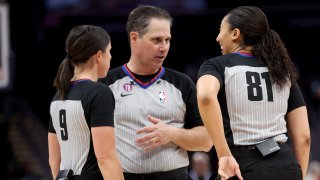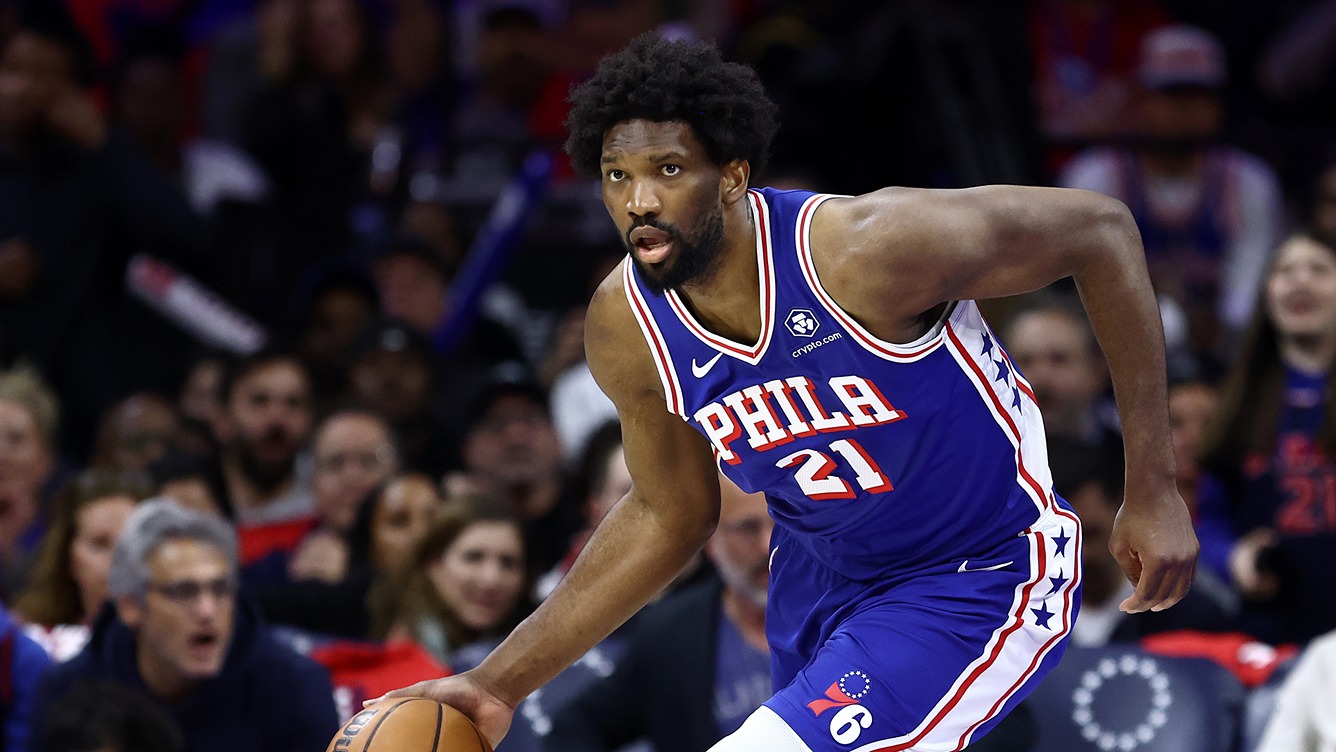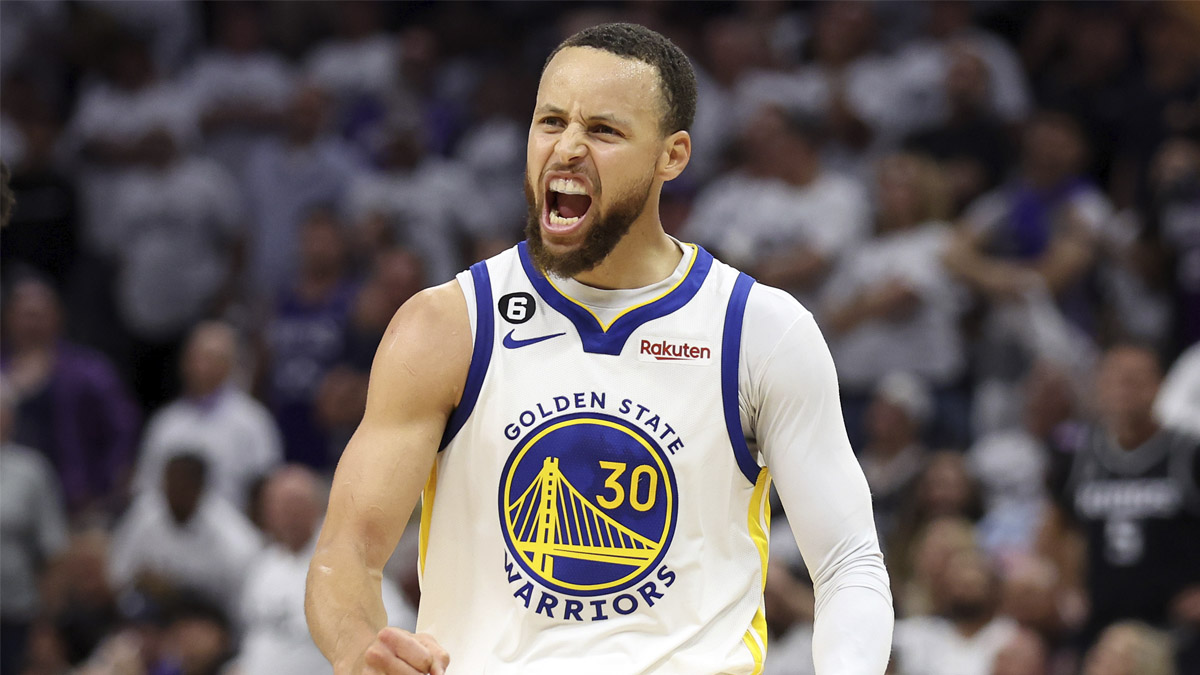
NBA games are going to look a little bit different next season.
The NBA's board of governors approved two rule changes that will be implemented beginning in the 2023-24 season, the league announced on Tuesday. The changes are a new in-game flopping violation and the addition of a second coach's challenge.
The league had been testing out the two rules in summer league contests. They were both unanimously recommended by the NBA's competition committee to the board of governors.
Feeling out of the loop? We'll catch you up on the Chicago news you need to know. Sign up for the weekly Chicago Catch-Up newsletter here.
The in-game flopping penalty, which is in effect on a one-year trial basis, gives officials the ability to give players a non-unsportsmanlike technical foul for a "physical act that reasonably appears to be intended to cause the officials to call a foul on another player," the league explains. An official doesn't need to stop live play to call a flopping violation and can do so at the "next neutral opportunity," per the NBA. The result of the violation is one free throw for the opposing team.
The NBA says there could be an instance where a foul and a flopping violation are called on the same play. While a team can't challenge a flopping call, a violation be given out by officials following a coach's challenge or an official review of a foul call, such as blocks, charges and potential flagrant fouls. Similar to a three-second violation, a flopping violation doesn't lead to an ejection.
The league office has the ability to fine a player for flopping if they weren't penalized for the act in-game. The first flopping fine is $2,000 and it increases incrementally for each subsequent offense that isn't called in-game. An in-game flopping violation doesn't result in a postgame fine.
NBA
The other rule change coming to the NBA gives teams the ability to gain a second coach's challenge. If a team's first challenge attempt is successful, it will retain its timeout and challenge. A team must have a timeout available to make either challenge attempt.
If the team's second challenge is successful, it will not retain it again due to "game length and game flow reasons," according to the league.



